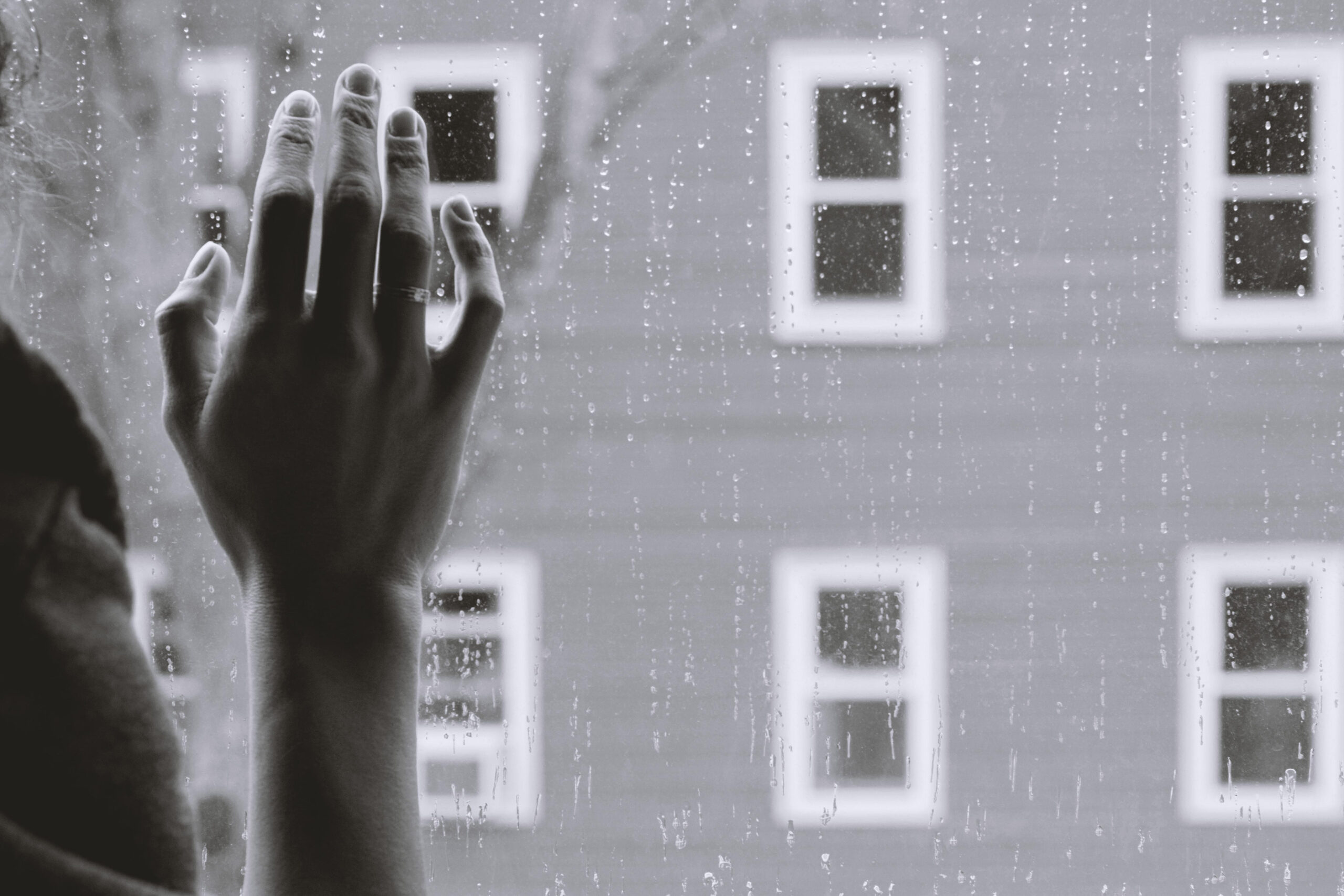What is SAD?
Seasonal affective disorder (aka SAD – or more commonly called Seasonal Depression), is a type of depression that occurs when the season changes. This usually occurs when the colorful fall leaves turn into chilly winter snow – or here in the PNW, winter rain. Less often, it can occur during the change from spring to summer.
Because SAD is a form of depression, the signs and symptoms are the same as what you would see in depression: feelings of sadness, loss of interest in activities that once brought about joy, feelings of guilt or worthlessness, irritability, oversleeping and overeating, poor concentration and just feeling generally slow and low.
The more specific symptoms of SAD, compared to “not-seasonal depression” are overeating and oversleeping, which often go hand-in-hand, and are encouraged by longer nights and shorter days.
Why does it happen?
There are a few different factors that contribute to SAD:
Serotonin
Like other forms of depression, seasonal depression is caused by an imbalance in our neurotransmitters – usually serotonin. When serotonin is low, we can feel not only depressed, but can also feel anxious and irritable. Low serotonin can disrupt our sleep patterns, promote ruminating thoughts, and can make life literally feel more painful to experience.
Melatonin
With seasonal depression, there can be increases in the production of melatonin. Not only does this further reduce our serotonin (melatonin is made from serotonin!), but this further messes with our sleep patterns. We feel more tired and can sleep longer hours.
Vitamin D
And finally, with less sun exposure in the winter, we are making less vitamin D than in the summer months. While the studies looking at vitamin D and depression often have mixed results, low vitamin D levels are often seen with depression. This is why some people, usually those already deficient in vitamin D, feel better with supplementation.
What can you do about it?
Light Therapy
During the winter, there is less light – usually less bright light due to cloud coverage and literally less hours of the day with sunlight. One of the most well studied methods for preventing and managing seasonal depression is light therapy. This involves using very, very bright lights to stimulate the sunlight you are otherwise missing. There are special lights for this (not your average, run-of-the-mill lightbulb). Where light therapy shines is helping those dealing with too much or too little sleep and those with social anxiety in the winter.
Cognitive Behavioral Therapy (CBT)
CBT is a type of therapy that uses several strategies to help restructure thoughts and behaviors related to mental health. With CBT-SAD (a form of CBT designed specifically for seasonal affective disorder), therapists also focus on common thought-patterns that arise during the winter, the challenges of decreased daylight, and the changes in lifestyle that occur when it is more rainy and snowy outside. During therapy, strategies to cope with the winter and find joy during this time are identified so they can be implemented into daily life. This type of therapy is well-studied and can be a great tool in managing seasonal depression.
Lifestyle Changes
While easier said than done, several lifestyle changes that help us maintain a routine can help to stave off SAD.
Sleep – Establish a set time to go to sleep and wake up each day. Having a good routine with sleep is one of the best ways to promote more restful sleep and avoid insomnia.
Movement – Find ways to move your body, ideally outside, even on the cloudier days. Don’t get hung up on needing to exercise, just get your body in motion.
Social Connection
It can be easy to feel disconnected during the winter months. With less daylight, the days literally seem shorter (I mean, they are!), creating the illusion that there is less time to get things done – including seeing those we love. Finding time to reconnect with friends and family during this time, whether in person or through a phone-call/video conference, can help us feel cared for and supported.
Integrative Therapy
While there are some things you can do at home to help reduce the effect of seasonal depression, it’s important to have a doctor on your team. This way, you can work together to create an individualized approach to manage your mood. There are countless herbs, supplements, vitamins, etc. that can be used to support your body and boost your mood. Having an integrative approach can provide even more options, be it lifestyle changes, alternative medicine or pharmaceuticals.
Resources:
- “NIMH » Seasonal Affective Disorder.” Accessed November 5, 2021. https://www.nimh.nih.gov/health/publications/seasonal-affective-disorder.
- NCCIH. “Seasonal Affective Disorder.” Accessed November 5, 2021. https://www.nccih.nih.gov/health/seasonal-affective-disorder.
- Meyerhoff, J., Young, M. A., & Rohan, K. J. (2018). Patterns of depressive symptom remission during the treatment of seasonal affective disorder with cognitive-behavioral therapy or light therapy. Depression and Anxiety, 35(5), 457–467. doi:10.1002/da.22739
- Leahy, L. G. (2017). Overcoming Seasonal Affective Disorder. Journal of Psychosocial Nursing and Mental Health Services, 55(11), 10–14. doi:10.3928/02793695-20171016-03
- Cheng, Y., Huang, Y., & Huang, W. (2020). The effect of vitamin D supplement on negative emotions: A systematic review and meta‐analysis. Depression and Anxiety. doi:10.1002/da.23025

